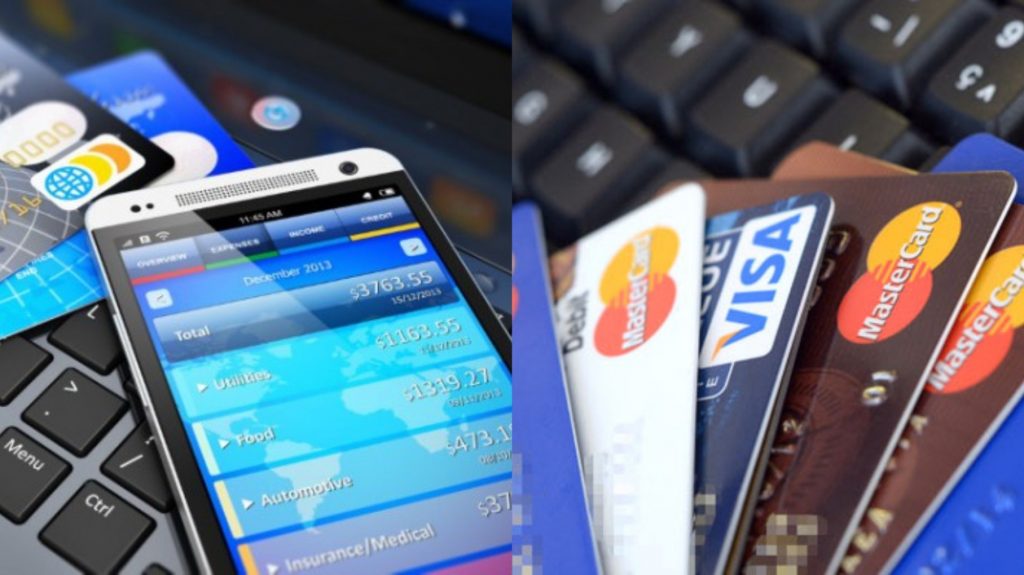Nigeria in the quest for a cashless economy has introduced several ways to reduce the flow of cash in the country, some of the ways are the use of POS (Point Of Sales) terminal, internet banking, mobile banking, and USSD (Unstructured Supplementary Service Data) banking.
All of these methods have been confirmed to make business transactions easier in the country but each of the methods has its own limitations. The POS terminal requires some physicality as a machine and ATM card is needed to complete the transaction, Mobile banking, internet banking, and USSD banking can be done on a mobile device.
USSD banking is the easiest of all as all banking transaction can be done without the internet and it can be done in any type of phone, not necessarily an internet-based phone.
While these methods are safe and easy ways to carry out business transactions without involving physical cash it is now an avenue for fraudsters to scam business owners. One of the most popular banking frauds recently is the use of fraudulent bank transfer.
Bank transfer which is also known as wire transfer or credit transfer is the process of sending money from one account to the other. This process can be carried on an ATM machine or mobile phone via a mobile application or USSD code.
According to the confessions of arrested perpetrators and account of victims who have fallen for this type of scam, these fraudsters use an application in which they enter the account number of their victims, the victims will receive a fake credit alert message which will look genuine only that no money was transferred. Once the victim gets the fake credit alert he/she would complete the other part of the business transaction before realizing that the wire transfer was faked. Several businesses have fall victims to this type of scam.
As a business owner, the fear of falling victim to this type of scam might make all these good methods of bank transfer seem like a bad choice but there are measures you can put in place to protect your business from these fraudsters.
The measures are:
Alternative
One of the alternative ways to avoid bank transfer fraud is to stick to the use of POS terminal, this method is a very good alternative to bank transfer although it is not as easy as wire transfer it is much safer. The POS terminal process all the payment all the customer have to do is insert their ATM card and input their PIN number to complete the transaction. As a business owner, you won’t have to complete your part of the business transaction until the machine reveals that the payment was successful.
Double Check
Whenever there is a business transaction involving money transfer business owners can quickly double check by either using their bank mobile app or their bank USSD code. The USSD code as discussed earlier is easy to use by anybody and doesn’t involve the use of the internet. Business owners should get familiar with their bank’s USSD code so after every money transfer they just need to dial this code and follow the instruction to check their account balance.
Some of the banks USSD are:
| Access bank | *901# |
| Eco bank | *326# |
| FCMB | *389*215# |
| Fidelity Bank | *770# |
| First bank | *894# |
| GTbank | *737# |
| Heritage Bank | *322*030# |
| Keystone bank | *322*082# |
| Skye bank | *833# |
| Stanbic IBTC | *909# |
| Sterling bank | *822# |
| UBA | *919# |
| Union Bank | *826# |
| Wema bank | *945# |
| Zenith bank | *966# |
There is no perfect method to stop these fraudsters from trying but checking your balance immediately after a transaction will always give you the information you need before completing your part of the transaction.
Business owners are also advised to talk to a customer care representative in their banks for more guidelines.
Some business owners have already opted out of any cashless way of business transaction and have decided to receive cash for all transaction. While this method might seem safer than some of the cashless methods carrying cash around is not a secure way of business transaction. Dealing in cash has its own disadvantages to the business owner and the Nigerian economy.
